KLINKERRIEMCHEN
THIN BRICKS


Thin bricks, facing bricks and clay pavers per year.
Daily production approx. 360 t fired raw material.




THIN BRICKS


Thin bricks, facing bricks and clay pavers per year.
Daily production approx. 360 t fired raw material.



Sales worldwide 1857 ก่อตั้ง
COUNTRIES
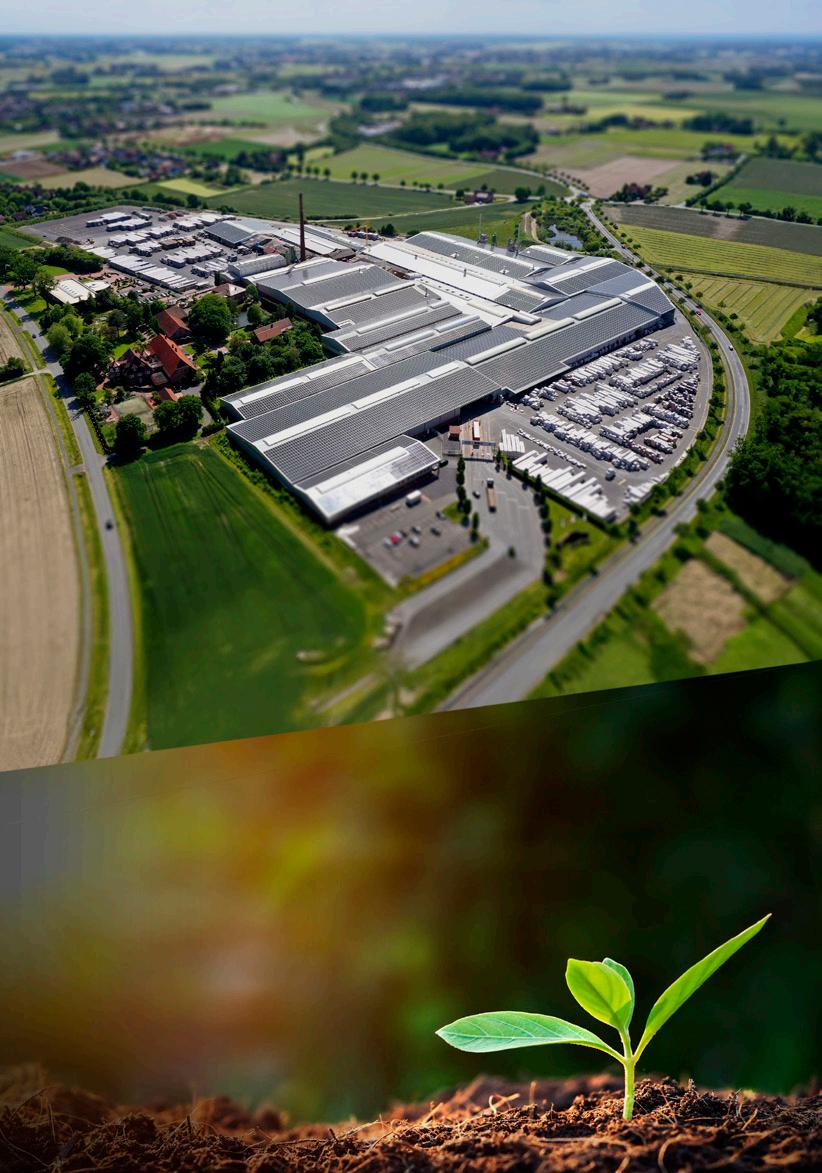
FELDHAUS KLINKER
BAD LAER | GERMANY
NORDRING 1

100 %
100% natural ทนทานเป็นพิเศษและคงอยู่ยาวนาน
Extremely durable and long lasting ผลิตตามรูปทรงและความหนาที่หลากหลาย
Manufactured to shape and thickness
ไม่ติดไฟ
Thin bricks are non-combustible ป้องกันความร้อนและฝน
Protection from heat and rain
Buildings increase in value
Green investments generate higher returns
FOUNDED IN 1857
Germany‘s oldest producing brick factory Family owned in the 4th and 5th generation - Factory premises approx. 17 ha - Production area indoor approx. 7 ha
ผลิตภัณฑ์ PRODUCTS
Thin Bricks
Facing Bricks
Clay Pavers
Production supported by solar energy ความยั่งยืน SUSTAINABILITY
SALINA
Brick slips with effective coal salt firing
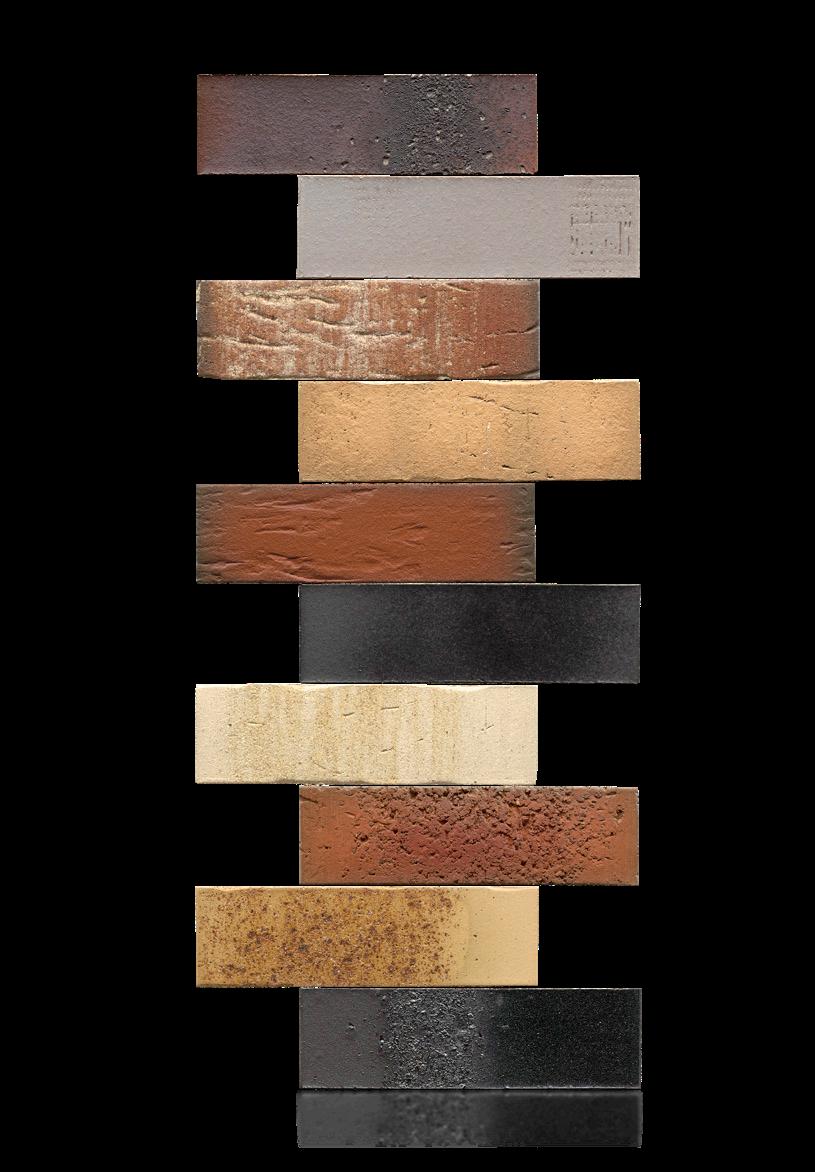
ACCUDO
Surface with creasing
SINTRA
Hand mould appearance
VARIO
Soft color transitions
CLASSIC เรียบแบบคลาสสิก
Classically smooth, grained or sanded
GALENA
Bricks with matt or metallic gloss
ROMERO
Broken up surface structure
Classic coal brindle
Waterstruck appearance
BACCO
Crafted brick charcter VASCU

































































































































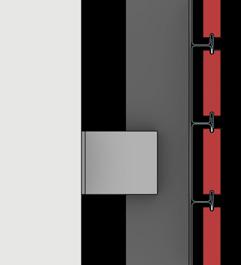
Rail system for easy on-site installation.
Thin bricks are inserted manually into the system.
14 มม.
All mentioned figures refer to a joint width of 10 - 12 mm.
Thin bricks can be produced in thicknesses from 9 to 25 mm.
The standard thickness is 14 mm.
The size determines significantly the appearance of the bond. All thin bricks are available in standard NF size, some of them also in DF size. For large projects you can get other formats tailored to your development.
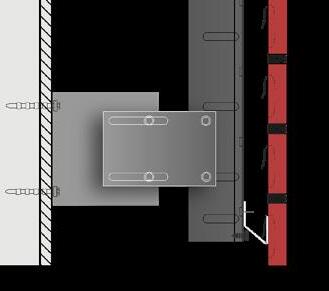
Prefabricated system for a ventilated curtain-wall facing.
The system panels are delivered ready for installation.

Form 25: The „bishops‘ cap“ is processed in the classical sense as a decorative band in the gable wall.

ฟอร์ม 24: รัศมีที่แตกต่างกันสามารถรองรับรูปทรงที่ไหลลื่นในส่วนหน้าอาคารได้
Form 24: Different radii can visually support flowing shapes in the facade.

Form 26: The comb structure of shape „Lentika“ reveals its secret only at second glance: depending on the angle of view, it changes color. There is no more effective way to design a facade!

Form 23: If the castellated shape is used over a wide area, it gives the facade a technical character. Distributed individually over the surface, it is an eye-catcher.

ฟอร์ม 22: รูปลิ่ม เหมาะสำาหรับติดตั้งบางส่วนของผนังหน้าอาคารเพื่อสร้างมิติ
Form 22: The wedge shape is ideal for structuring areas or parts of the facade.



„Form 21“ is predestined for pilaster strips and bands. However, when applied to the entire surface, it offers exciting possibilities.

Insight
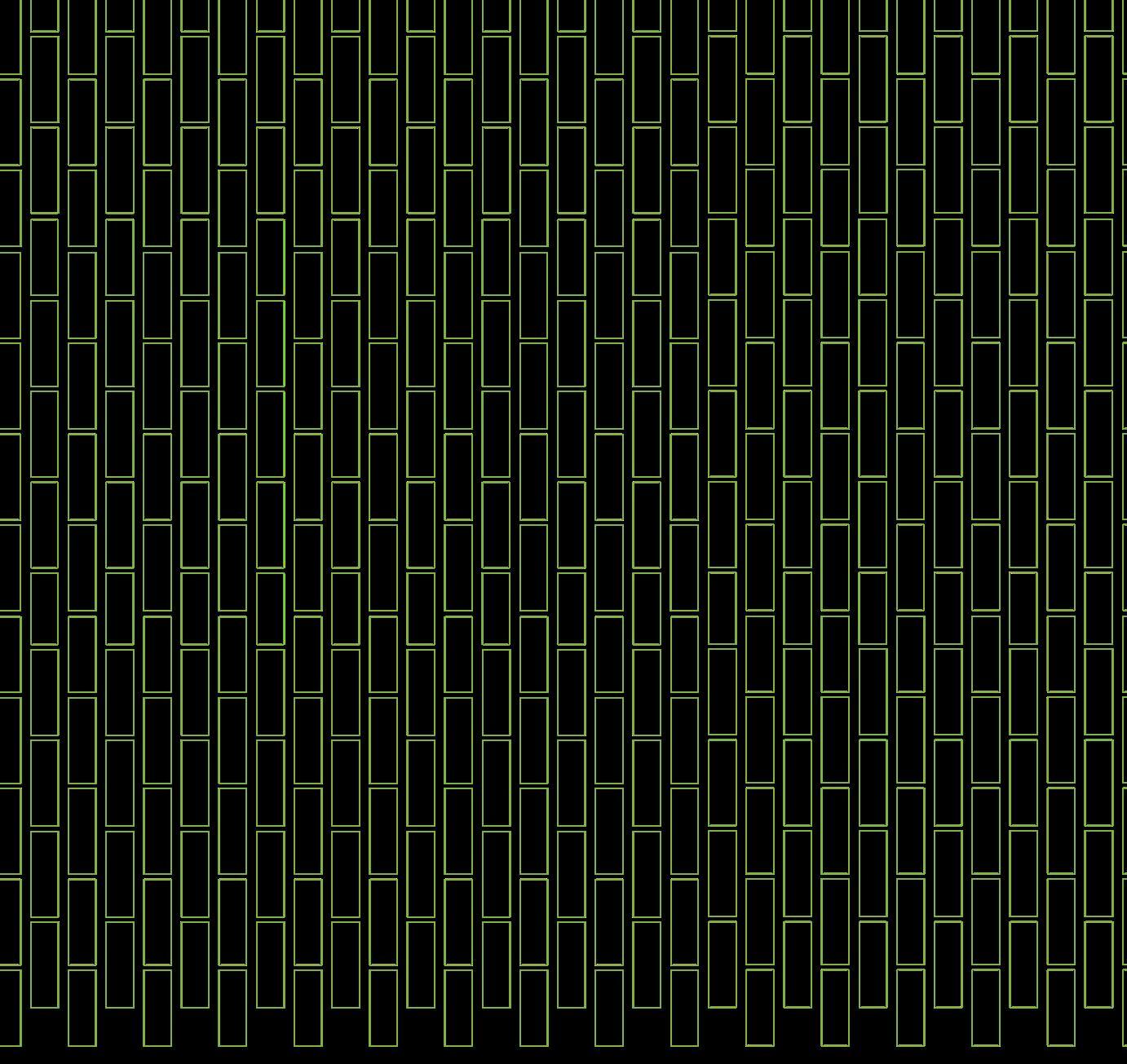
Visit